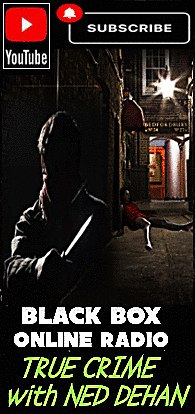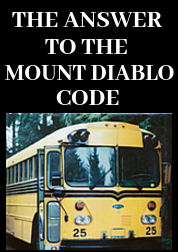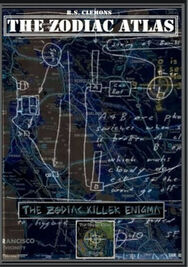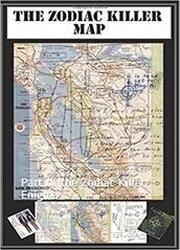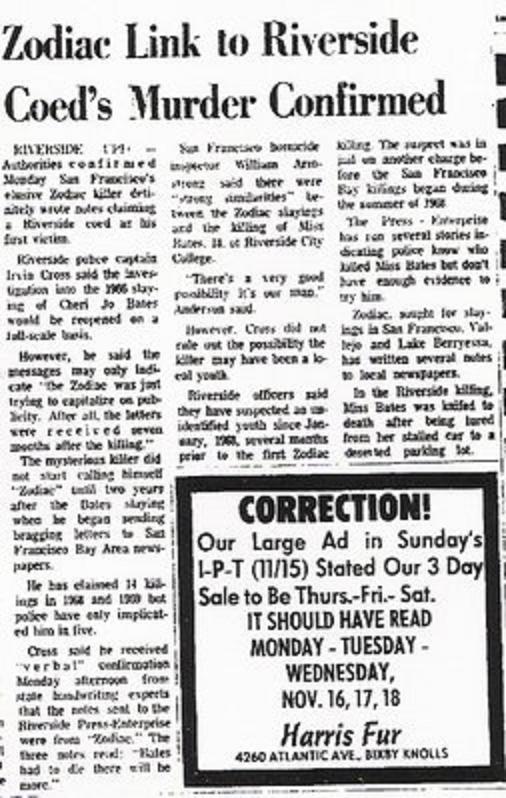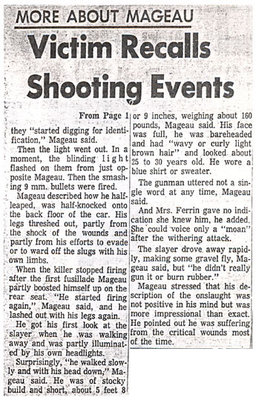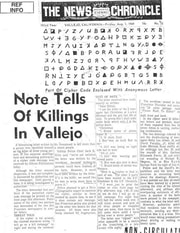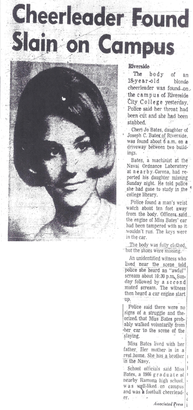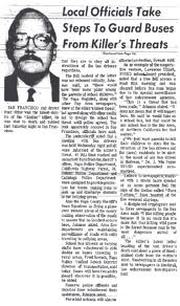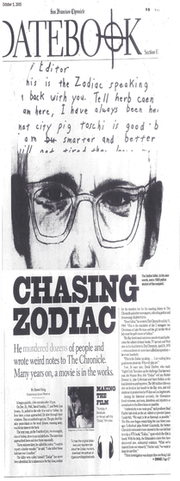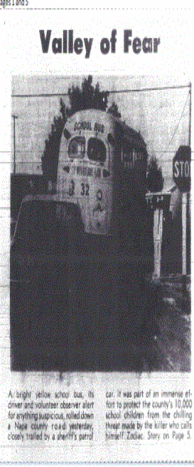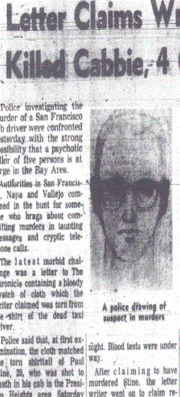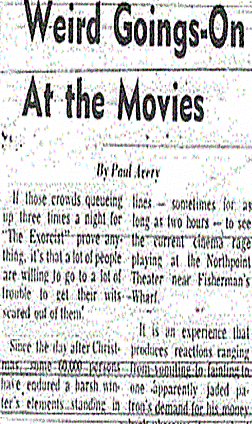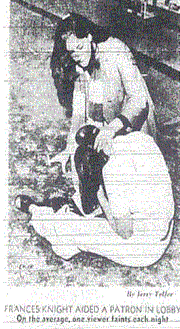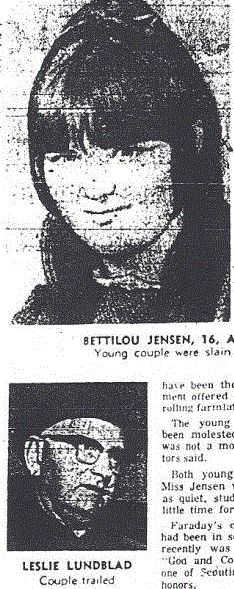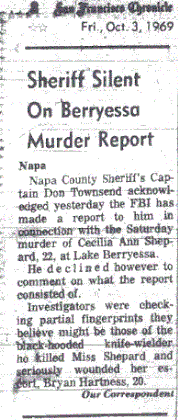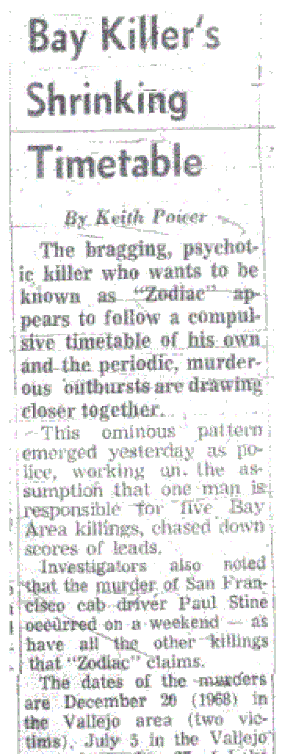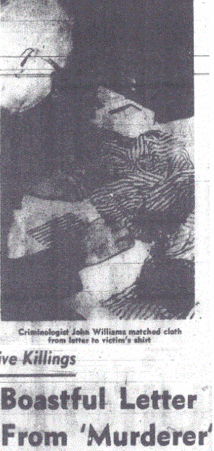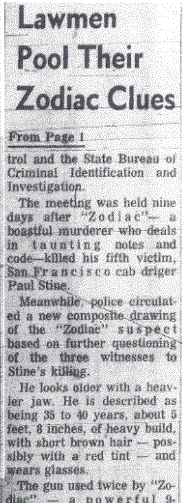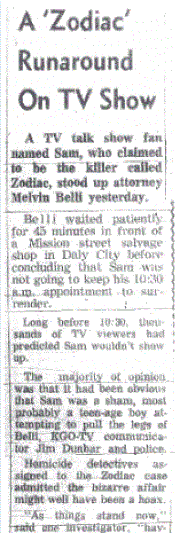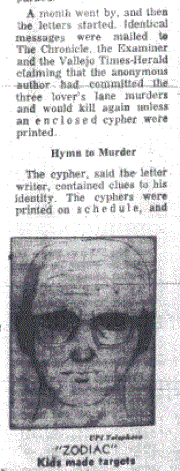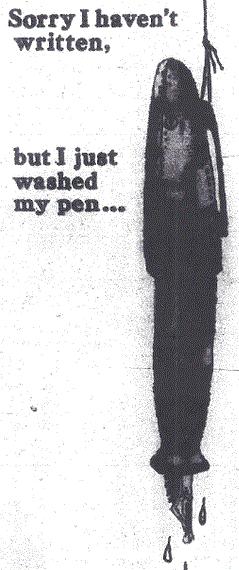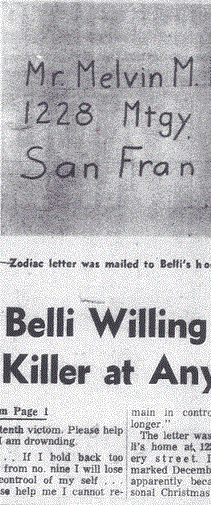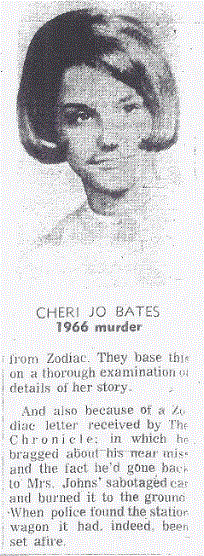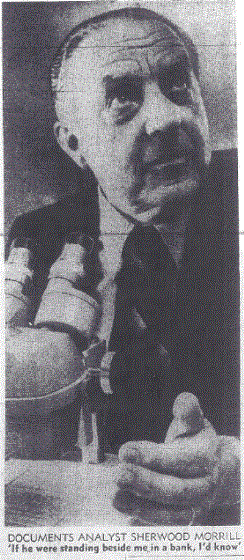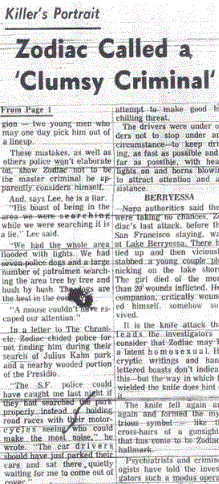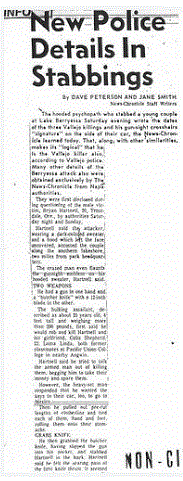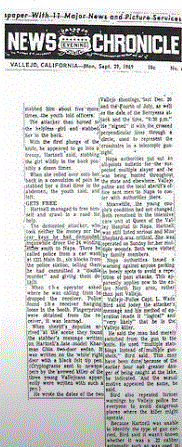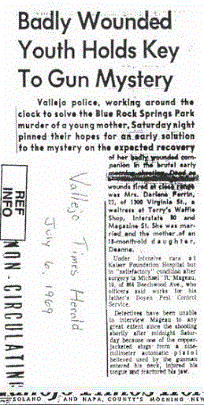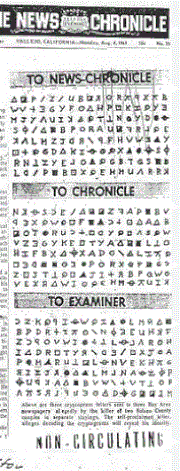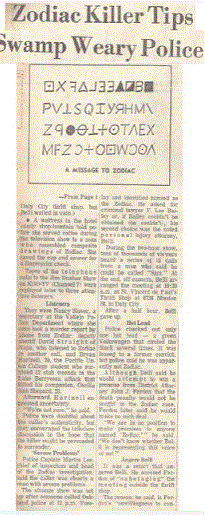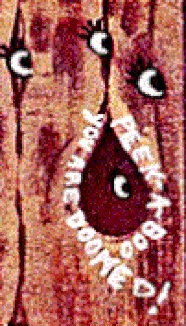
In two other correspondences mailed by the Zodiac Killer he referenced three portions of Gilbert and Sullivan's The Mikado. In the 'Little List' letter mailed on July 26th 1970 he paraphrases 'A more humane Mikado' and 'As some day it may happen'. On the Exorcist letter mailed on January 29th 1974 he refers to 'On a tree by a river', in what many believe to be the Zodiac Killer's final offering. But there could be a fourth reference to the Mikado production and we need look no further than the Halloween card itself, with two possibilities.
In 1888 Jack the Ripper terrorized the Whitechapel district of London. In the same year of somewhat less significance Ed J. Smith wrote a stage parody called The Capitalist; or, The City of Fort Worth. Designed to encourage capital investment in Fort Worth, Texas, and underwritten by local banks and railroad lines, the two act piece features characters named Yankee-Doo, Kokonut, By-Gum and Peek-A-Boo. Taken from Wikipedia. This drew its inspiration from the the Gilbert and Sullivan opera, however, it may be pushing the boat out a little farther than necessary to suggest the Zodiac Killer was either aware, or in any way influenced by this promotion.
Peek-a-boo is known as Peep-bo in British culture, being the act of concealing one's face behind the hands or other object, before suddenly appearing back into view and uttering the words peek-a-boo or peep-bo. It can be seen in Wikipedia that many variations involve trees, similar to the depiction on the Halloween card, where 'Hiding behind that tree' is added. See here. Whether or not this a significant phrase to the Zodiac Killer is open to question, but Peep-Bo is a character that features during Act I of the Mikado. Peep-bo can also be reversed to Bo-peep, believed to originate from the 16th century practice of concealment, before reappearing to startle or surprise. See here.
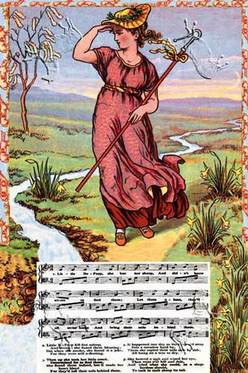
The phrase "to play bo peep" was in use from the 14th century to refer to the punishment of being stood in a pillory. For example, in 1364, an ale-wife, Alice Causton, was convicted of giving short measure, for which crime she had to "play bo pepe thorowe a pillery". Andrew Boorde uses the same phrase in 1542, "And evyll bakers, the which doth nat make good breade of whete, but wyl myngle other corne with whete, or do nat order and seson hit, gyving good wegght, I would they myghte play bo pepe throwe a pyllery". Taken from Wikipedia.
Little Bo Peep was a shepherdess, who lost her sheep and went in search to find them. The connection of shepherd to the Lake Berryessa attack via this route would be one hell of a stretch, however, the connection to the theater, with an English slant, still remains an avenue for investigation.
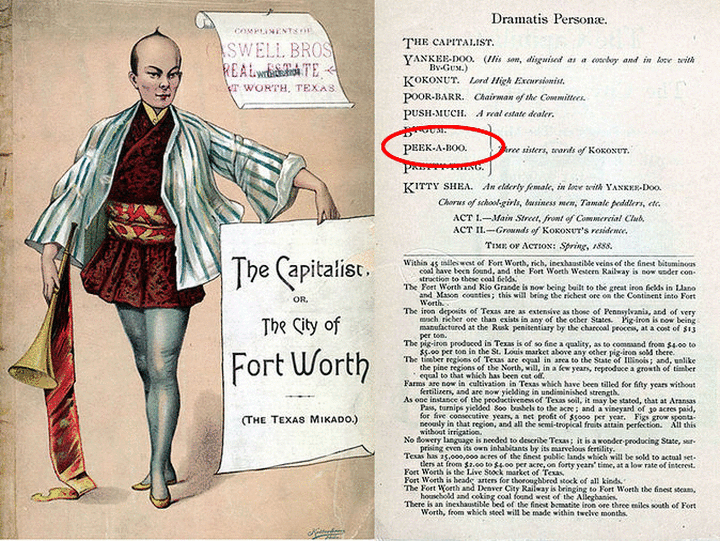




 RSS Feed
RSS Feed
